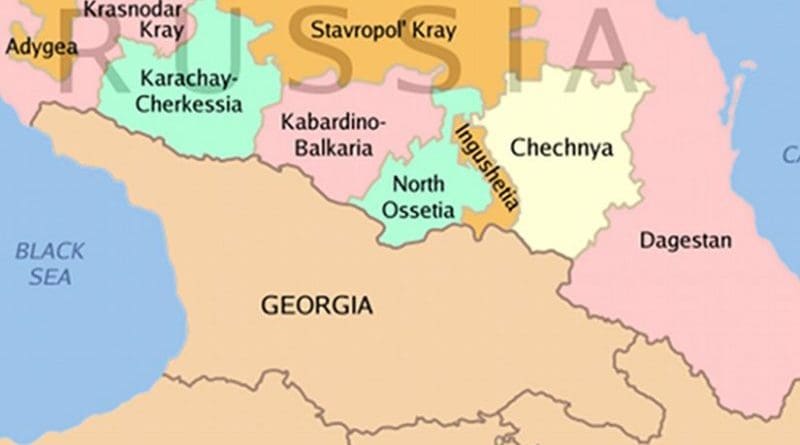Official Repression Of Salafis In North Caucasus Seen Radicalizing Other Muslims – OpEd
By Paul Goble
Although the number of terrorist acts in the North Caucasus fell in 2015, largely because of the departure of radicals to Iraq and Syria, official repression of Salafis there and especially efforts to exclude them from the legal zone is radicalizing other Muslims and inadvertently helping the Islamic State, according to experts.
Yekaterina Sokryanskaya, director of the International Crisis Group’s North Caucasus project, says that increasing official pressure on the Salafis was directly connected with a shift in Russian policy regarding those who wanted to leave the region to fight for ISIS or other radical states (kavkaz-uzel.ru/articles/275342/).
“If earlier jihadists practically departed without any obstacles to the Middle East, then from the middle of 2014 and especially in 2015 after the beginning of bombing in Syria, the authorities imposed harsh obstacles to their departure and sought to control all the dissenting religious space,” she says.
More cases were brought against those who had fought with ISIS and then returned, and in Daghestan, the authorities took various steps first to isolate and control and then to suppress the salafi communities. This process is “not new,” she says. “It has existed since the mid-2000s,” but many thought this effort had “exhausted itself” and been discarded.
“However, before the [Sochi] Olympiad, the old methods were recalled, and in the last year they began to acquire quite wild forms,” Sokiryanskaya says. In 2014, Daghestan led the regions and republics of the North Caucasus in terms of the number of killed and wounded in counter-terrorist actions.
Last year, those numbers fell by about half, but “mass detentions of mosque parishioners throughout the republic were carried out.” Those detained were entered on official black lists and could not thereafter move about the republic freely or travel outside it. Indeed, such pressure “became unbearable.”
One of the most important events of the last 12 months, Sokiryanskaya says, was the conflict between salafis and officials over the Kotrov mosque in Makhachkala and the closing of a number of other mosques in Daghestan. (For background on this, see windowoneurasia2.blogspot.com/2015/12/sufi-salafi-war-breaking-out-in-north.html).
Official pressure on the Kotrov mosque continues, ostensibly with the goal of forcing a change in imams. But there is an increasing sense, the analyst says, that the authorities want to drive the salafis out of the legal field. “This is a very bad thing,” she says, “because it weakens the position of the moderate salafis and plays into the hands of the extremists.”

